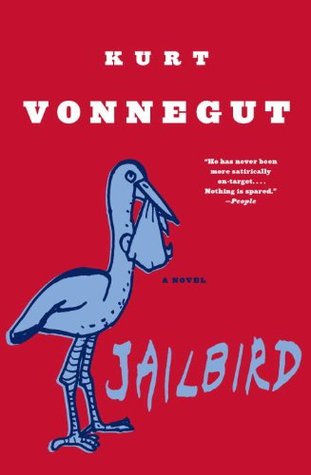More on this book
Community
Kindle Notes & Highlights
“Love may fail, but courtesy will prevail.”
“Against boredom even the gods contend in vain.”)
“I then believed that a rich man should have some understanding of the place from which his riches came. That was very juvenile of me. Great wealth should be accepted unquestioningly, or not at all.”
I was making my mind as blank as possible, you see, since the past was so embarrassing and the future so terrifying.
The shocking song, then, may really have been a way of honoring the powers of women, of dealing with the fears they inspired. It might properly be compared with a song making fun of lions, sung by lion hunters on a night before a hunt. The words were these: Sally in the garden, Sifting cinders, Lifted up her leg And farted like a man. The bursting of her bloomers Broke sixteen winders. The cheeks of her ass went— Here the singers, in order to complete the stanza, were required to clap three times.
I asked her once if she had ever sought the consolations of religion in the concentration camp. “No,” she said. “I knew God would never come near such a place. So did the Nazis. That was what made them so hilarious and unafraid. That was the strength of the Nazis,” she said. “They understood God better than anyone. They knew how to make Him stay away.”
“Here’s to God Almighty, the laziest man in town.”
According to him, Leland Clewes had bested the communists again and again. He suggested that I might still be a communist, and that I might have been given the job of ruining Leland Clewes by my masters. Two horrible years later Leland Clewes was convicted on six counts of perjury. He became one of the first prisoners to serve his sentence in the then new Federal Minimum Security Adult Correctional Facility on the edge of Finletter Air Force Base—thirty-five miles from Atlanta, Georgia. Small world.
He said that the President of the United States ought to be given a wheel like that at his inauguration, to remind him and everybody else that all he could do was pretend to steer.
To the waitress everybody was “honeybunch” and “darling” and “dear.” It was like an emergency ward after a great catastrophe. It did not matter what race or class the victims belonged to. They were all given the same miracle drug, which was coffee. The catastrophe in this case, of course, was that the sun had come up again.
Leland Clewes would tell me later that he almost fainted. He had never seen a woman’s bald spot before. It was too much for him. He closed his blue eyes and he turned away. When he manfully faced us again, he avoided looking directly at Mary Kathleen—-just as the mythological Perseus had avoided looking at the Gorgon’s head.
Good-hearted people were meanwhile as sick about all these tragic by-products of the economy as they would have been about human slavery a little more than a hundred years before. Mary Kathleen and I were a miracle that our audience must have prayed for again and again: the rescue of at least one shopping-bag lady by a man who knew her well.
Something else was dying upstairs, which was the railroad system of the United States. Half-broken locomotives were dragging completely broken passenger cars in and out of the station.
“It’s all right,” she said. “You couldn’t help it that you were born without a heart. At least you tried to believe what the people with hearts believed—so you were a good man just the same.”
The economy is a thoughtless weather system—and nothing more. Some joke on the people, to give them such a thing.
I have never bred her, but now, according to the veterinarian, Dr. Howard Padwee, she is experiencing a false pregnancy and believes the rubber ice-cream cone to be a puppy. She hides it in closets. She carries it up and down the stairs of my duplex. She is even secreting milk for it. She is getting shots to make her stop doing that. I observe how profoundly serious Nature has made her about a rubber ice-cream cone—brown rubber cone, pink rubber ice cream. I have to wonder what equally ridiculous commitments to bits of trash I myself have made. Not that it matters at all. We are here for no
...more


